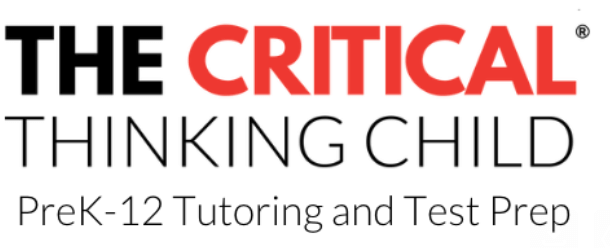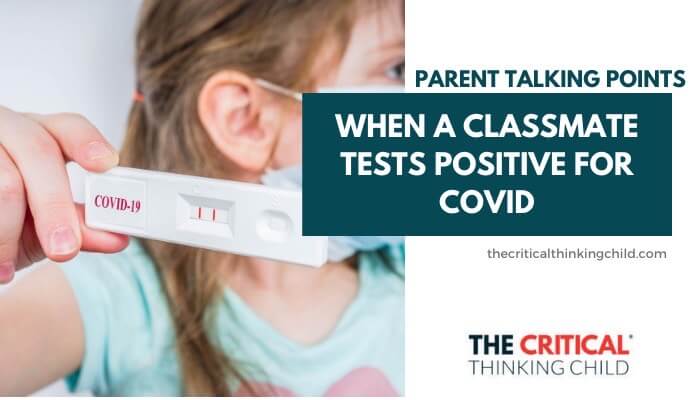The 2020-2021 school year has begun in Georgia. In the Cherokee County School district, a second grader tested positive for COVID-19 on the second day of school. As a result, the class is now on a 14-day quarantine while parents have already committed to nine weeks of in-person instruction.
With situations like this occurring all over the country, parents are having difficult conversations with their children. It’s tough to know what approach to take. Many children are returning to in-person school during COVID with anxiety, while others are finding their classrooms shut down for quarantine after a friend tests positive. How should you talk to your child about COVID? What about addressing positive COVID results among kids at their school? We’ve got some advice on what you should keep in mind as you address such difficult matters.
Ask Questions
Before even starting the conversation with your child, find out what they already know. Depending on the age of your child, this may be a general fear of illness or specific details that may or may not be correct. Take the information you learn from this conversation and go from there. Understanding what your child knows (or thinks they know) will also give you a sense of whether to share more scientific information about COVID-19 or to offer emotional support.
Give Facts
You can start the conversation by generally explaining what the virus is; that it is a new virus that is spreading quickly and scientists are working hard to learn more. Because we are still learning about the disease, schools and stores are closing to make sure that they can keep everyone safe. You can explain some general symptoms that people have when they develop the virus such as fever, cough, or trouble breathing.
It may be particularly helpful to explain that young children aren’t getting sick as frequently or as severely as adults, so you can reassure them that their friends from school will probably be fine. If you don’t know the answer to a question, be honest about it and look up the answer together. Approach all of this with a calm demeanor so your child feels reassured.
When talking to your child about COVID, provide the information your child needs, but be careful not to over-inform. Providing unnecessary details may cause your child to become even more anxious.
Explain Preventative Measures
Explain that while it’s impossible to completely prevent yourself from getting sick, that there are lots of preventative measures that can be taken. Reiterate the importance of handwashing and not touching your face. Make sure you’re setting a good example yourself by practicing social distancing, wearing your mask, and washing your hands regularly.
You can also explain that doctors and nurses are working hard to take care of people who get sick, so even if their older relatives and friends become ill, there are lots of people that can help. You may even want to take this opportunity to write thank you cards to local medical workers.
Check In Frequently
In these times, you’ll likely need to have more than one conversation with your child as circumstances continue to change. Check in with your child regularly and make sure they know they can come to you with any questions or worries.
Talking to Your Child About COVID
While we can’t control what happens with this new virus, we can control the way we respond to it at home. Offering calm, helpful facts can go a long way in easing your child’s anxiety. Returning to school during COVID is a new challenge that for many will come with unexpected difficulties and tough decisions. Be sympathetic with your child’s (and your own!) fluctuating emotions, and approach the ups and downs with calm and resolve. You’ve got this!
Facebook Post:
The 2020-2021 school year has begun in Georgia and a few other states. In the Cherokee County School district, a second grader tested positive for COVID-19 on the second day of school. As a result, the class is now on a 14-day quarantine while parents have already committed to nine weeks of in-person instruction.
With situations like this occurring all over the country, parents are having difficult conversations with their children. It’s tough to know what approach to take. Many children are returning to in-person school during COVID with anxiety, while others are finding their classrooms shut down for quarantine after a friend tests positive. How can you talk to your child about COVID? What should you keep in mind as you address such difficult matters?
We’ve got some advice on how to navigate these conversations with your child on our blog.



